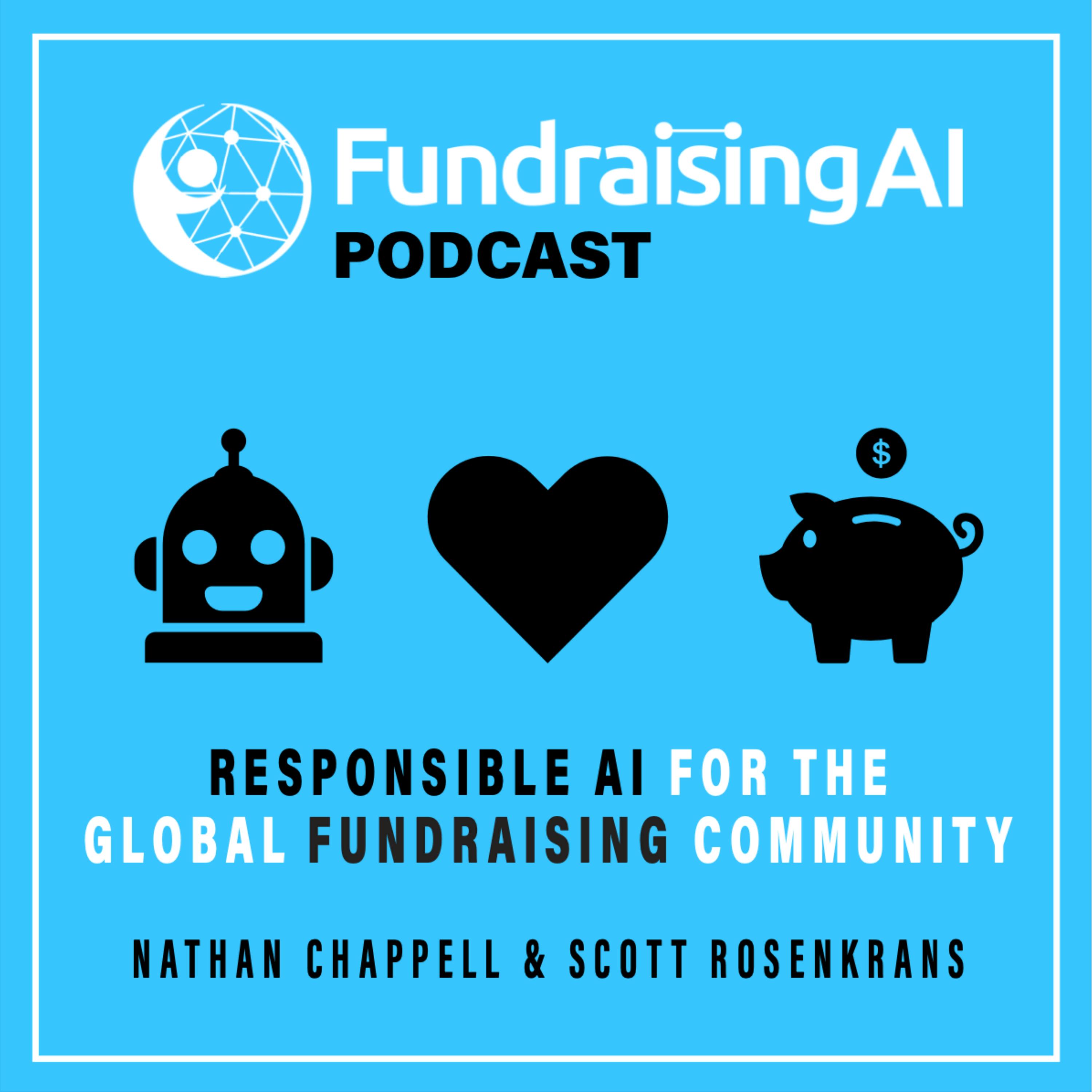Empowering Low Resource Languages with Subha Vadlamannati of OpenNLPLabs
Description
In today's conversation, Subha Vadlamannati, founder and CEO of OpenNLP Labs and a student at Stanford, shares her journey and mission to make natural language processing (NLP) accessible for low-resource and marginalized languages. She explains the organization's focus on real-world applications of NLP, especially for languages underrepresented online, despite the vast number of global languages. Subha underscores the consequences of excluding these languages from digital resources, sharing real-world examples where language barriers caused life-threatening issues.
Highlighting Open NLP Labs' innovative tools, such as Edu Link and Polyglot, Subha discusses their aim to support learning and communication in over 100 low-resource languages. Subha also describes their research on fairness and bias in AI, emphasizing ethical AI practices to make technology more inclusive and responsible. She touches on the challenges of scaling fair AI and the importance of accurate, diverse datasets, especially as AI progresses toward multimodal applications in text, audio, and video.
The conversation includes practical advice for nonprofit leaders looking to use AI, encouraging a mission-aligned approach and community engagement. Subha concludes by expressing hope for the future of ethical AI, her dedication to advancing research in robotics and multimodal applications, and her encouragement for young researchers to join the field, driven by inclusivity and ethical responsibility.
EPISODE HIGHLIGHTS
[01:30] Meet Subha!
[02:39] Understanding Low Resource Languages
[04:54] Importance of Language Representation
[06:54] Challenges and Solutions for Low-Resource Languages
[08:18] Personal Journey and Motivation
[12:32] Tools and Projects of Open NLP Labs
[13:36] Workshops and Community Engagement
[15:06] Ethical AI and Future Directions
[17:33] Empowering the Next Generation for Social Impact
[20:06] Challenges and Opportunities in AI Research
[22:35] Impact of Future Technologies
[26:26] Subha's Future Aspirations
[31:53] Advice for Nonprofit Leaders
TIPS AND TOOLS TO IMPLEMENT TODAY
Advocate for more digital resources and platforms for low-resource languages.
Prioritize fairness by auditing AI models and aligning them with ethical AI frameworks.
Use multilingual learning tools like Edu Link and Polyglot for education in low-resource languages.
Ensure important information is available in multiple languages.
Develop community-specific strategies to address misinformation in low-resource languages.
Hold workshops for underserved communities on relevant topics like safety and readiness.
Engage in mission-driven AI projects.
Push for transparency in training datasets to improve fairness in AI systems.
Use AI to improve nonprofit efficiency but keep content genuine and mission-aligned.
Contribute to open-source language datasets to advance AI research inclusively.
RESOURCES
OpenNLPLabs: opennlplabs.org/
Subha Vadlamannati on LinkedIn: linkedin.com/in/subhavadlamannati/
OpenNLPLabs on LinkedIn: linkedin.com/company/opennlplabs/
Connect with Scott and Nathan
Scott - linkedin.com/in/scott-rosenkrans-916b9139/
Nathan - linkedin.com/in/nathanchappell/
More Episodes
Meet Jean Westrick, an Executive Director at the Technology Association of Grantmakers (TAG). She has 20+ years in philanthropy, specializing in technology strategy, program execution, and foundation operations. Before being the next Executive Director of the Technology Association of...
Published 11/20/24
Published 11/13/24
Starting today's conversation, Nathan and Scott discuss practical takeaways from recent conferences, including Scott's experience at the AFP Kindleberger Forum, where he saw firsthand how AI can empower small nonprofits with limited resources. They also explore the unique advantages smaller...
Published 11/13/24


